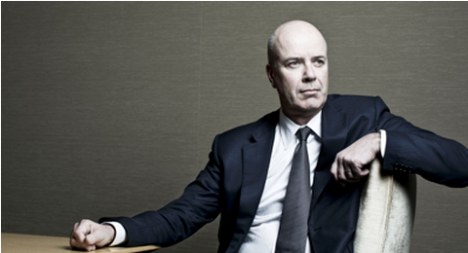Greg Hywood: Fairfax spotted structural challenges early and as result has greater market cap than Seven, Nine and Ten combined
Fairfax Media CEO Greg Hywood has suggested the publisher had more vision than the TV commercial networks when it came to grappling with structural changes that threatened “their very existence”.

Greg Hywood: Fairfax Media’s market capitalisation is greater than the three free-to-air TV companies
In a comment piece welcoming the media reforms published in The Sydney Morning Herald, Hywood said: “Companies, such as Fairfax, that spotted the trends early and acted – reducing legacy costs and building new businesses like Domain – can not only survive, but thrive in the new world. Because Fairfax Media has taken the tough but necessary decisions to ensure its survival, its market capitalisation is greater than the three free-to-air TV companies – Seven, Nine and Ten – combined.”
Fairfax Media currently has a market capitalisation of $2.44bn, while Seven West Media’s market capitalisation is $1.12bn, Nine’s is $1.14bn and Ten’s is $79.67m.


You can see why no one in the media industry has any time for him.
It looks TPG has set up its deals for the media law breakup. In which case Seven might well be a buyer (that would put the TV network back where it was – in Fairfax – before the Fairfax family feud). Ten won’t, though News would love to have the AFR and would give up the Oz for it. Nine can’t do much at all other than pick up Stan or perhaps some radio.
Hywood can’t spin the Domain float any longer. TPG has called his bluff and clearly knows that the news media and Domain have a symbiotic link. Let’s hope TPG instals real management.